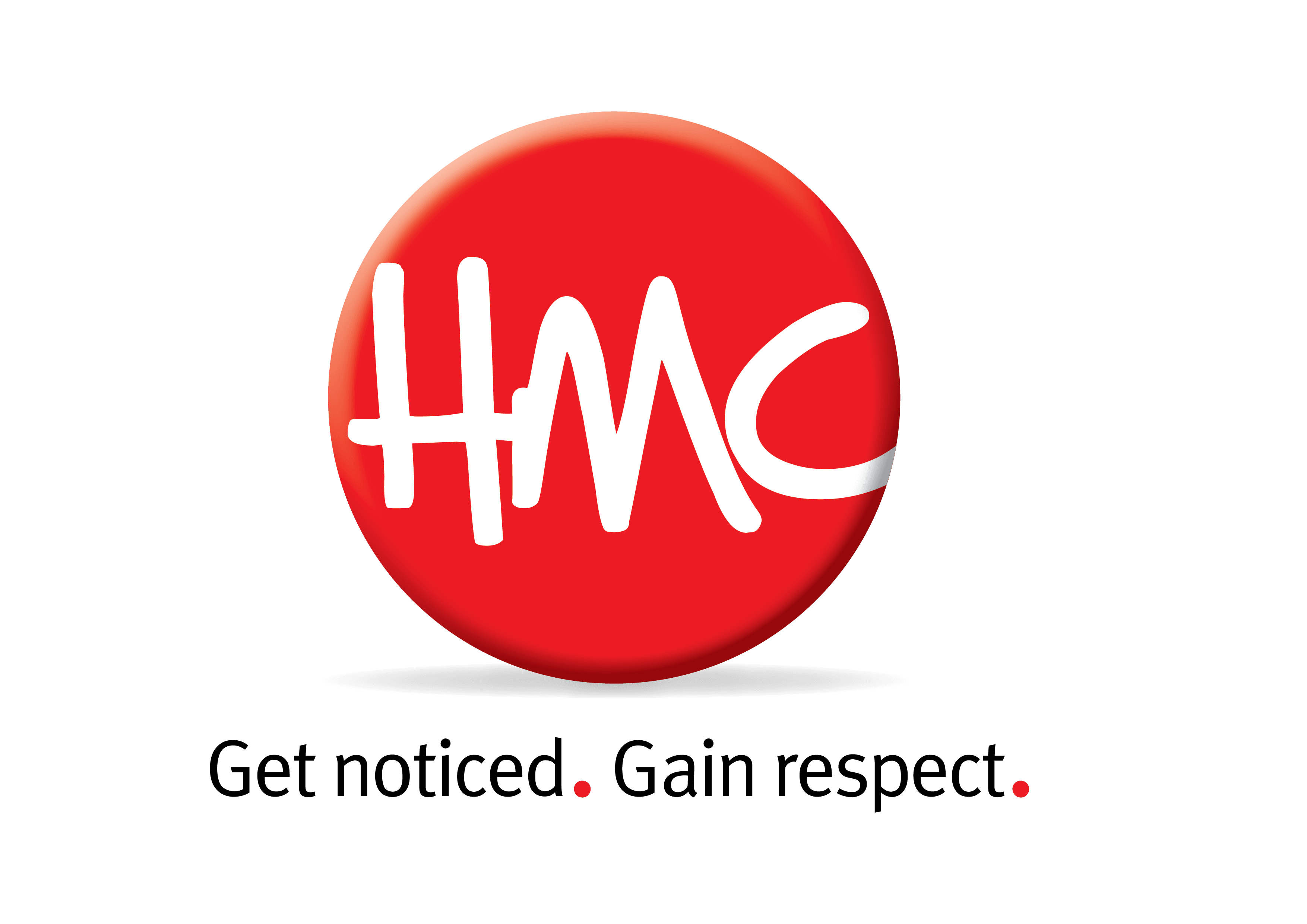Let’s be realistic for a moment, can we?
As business leaders and managers, we are constantly bombarded with new ideas, plans and strategies we are told we should implement in our businesses and professional lives to improve.
If you listen to all the buzz around us and you aren’t careful, you can soon feel inadequate and find yourself wishing for 20 more hours in the work week to get it all done.
So, the last thing you need is a friendly PR consultant giving you lots of great, new communications ideas you need to implement by Tuesday. I get it. I’m a small business owner too.
If you’re nodding your head yes right now, I’m speaking to you.
And with you – the busy business leader – in mind, my team recently sat down and came up with a simple list of five communications essentials every business can and should implement.
Not 20 essentials. Not 10. Just five. Don’t stress. Read on.
These actions aren’t difficult to implement. They simply take a bit of commitment to build them into your everyday business routines. And when you make the effort, I’m confident you’ll experience maximum return for minimum time and resource investment.
So, here we go - five business communications essentials:
#1: Connect Staff
Staff are your number one audience. They need to understand where your business is going, how you’re going to get there and what their individual role is in making it happen. And you want them to be excited about the journey, because engaged staff are productive and loyal.
Make sure you have a few ways to communicate with staff and repeat your stories and messages through each of those channels. Easy things to implement are team meetings, posters in the tea room, a staff newsletter, a closed staff Facebook page or a monthly barbeque with a CEO verbal update. Put a few simple tools in place and ensure you keep to a regular routine.
Investment: 4-6 hours/month
Return: Engage loyal staff; less turnover; build your reputation as a great employer
#2: Get Social
Using social media to reach customers, prospects, industry influencers and future employees is no longer an option for the vast majority of companies. It’s a must-do. And when you use it well, it’s a great way to encourage a two-way conversation that leads to a respected brand and solid company reputation.
Remember to select the few social channels where your key targets ‘live,’ post often, encourage feedback and respond quickly.
Investment: 30-60 minutes/day
Return: Build your brand; talk with audiences; demonstrate your brand personality
#3: Tell Stories
Your staff, customers, the public and people in your industry who matter to you will get to know you through the stories you tell. Every business has them: product launches, new business won, new people joining your team, awards, staff doing great things, sponsorship stories and more.
There’s no better way for you to build brand awareness, educate people about what you do and influence those in your industry who can impact the success of your business.
Start small with a goal of telling one really great story each month.
Investment: 5-7 hours/month
Return: Build your company reputation; stand out from your competitors; influence those who matter
#4: Make Friends
Every business should take a purposeful approach to building relationships with people who can impact the success of their company. These people might be suppliers, funders, politicians, industry peers, local business leaders, lobby groups, professional membership organisations and more.
And the secret to building relationships is being focussed in your approach. Keep track of meetings and conversations. Who don’t you have a relationship with? Book a meeting. Who in your organisation is best to build each relationship? Assign them a role.
Investment: 2-3 hours/month
Return: Build relationships that help open doors and break down barriers to doing business
#5: Scan Media
Despite the fact that social media is ingrained in most New Zealanders’ daily lives, online, print and broadcast media remain extremely influential and effective for reaching most audiences.
Therefore, it’s important to keep up with what’s being reported in the news and which journos are writing stories related to your ‘patch’ – your industry.
Keep on top of what’s happening in the media by selecting the top 5-10 online news sites, publications, radio or TV programmes that you know your audiences are reading, listening to or viewing. And simply scan these daily. Make a note of topics, trends and the leading journos.
And don’t be afraid to join in the conversation by connecting with those journos, pitching your stories, offering opinion and discussing new story angles that you can lead.
Investment: 15 mins/day
Return: Understand who’s who in media circles; target the right journos to help you tell your stories
Now remember: the sky won’t fall if you don’t start each of these five essentials before 9am tomorrow.
I encourage you to save HMC’s Five Essentials graphic, tack it beside your desk and mull it over.
Then, when you’re ready, take a few small steps to move in the right direction to get your company communications on track.
By Heather Claycomb, HMC Communications
First appeared in Waikato Business News November 2017

